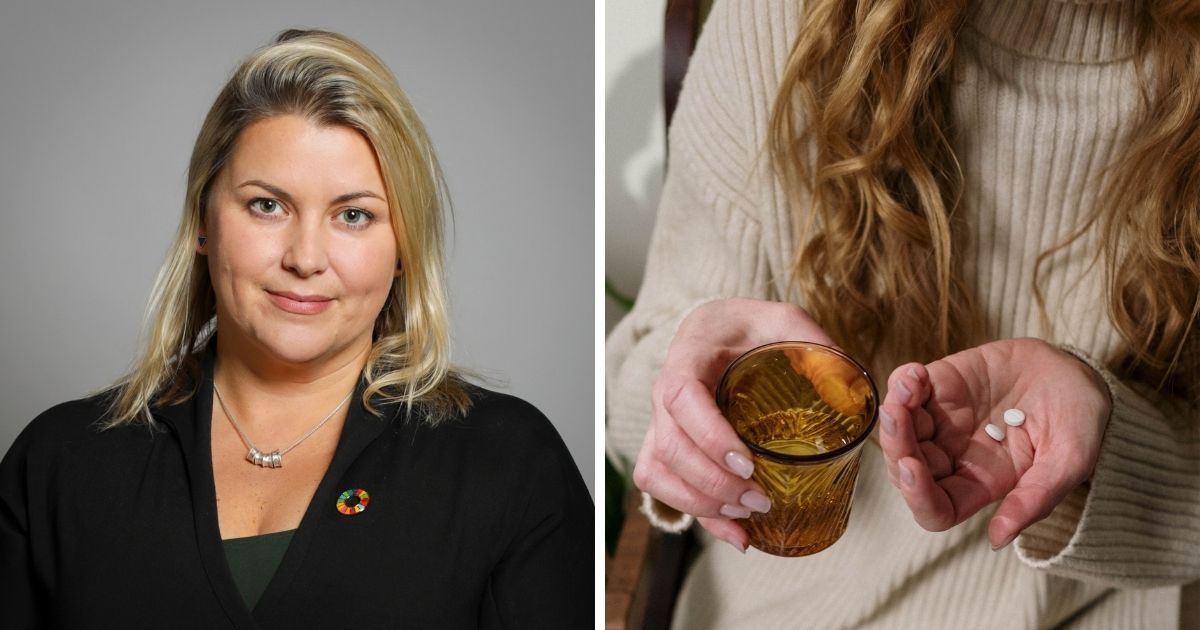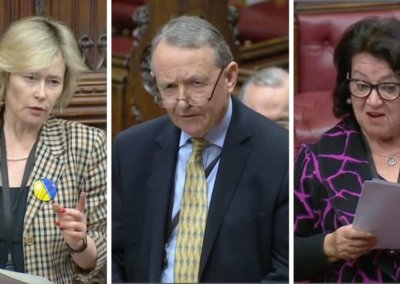A Conservative Peer has launched a bid to make ‘DIY’ abortion a permanent feature of the law in England.
Last month, the Government in Westminster announced that the temporary provision, which allows abortions to take place entirely outside of a clinical setting, would be coming to an end in August this year.
These ‘DIY’ at-home abortions were introduced as part of the Government’s pandemic response in March 2020, and after many calls from MPs and medical professionals, the Health Secretary announced the scheme would be coming to an end.
Now, however, Baroness Sugg has tabled an amendment to the Health and Care Bill seeking to force the Government to make ‘DIY’ at-home abortions available permanently. This Bill is currently progressing through the House of Lords.
The Baroness’s amendment proposed to change the Abortion Act 1967 so that it would allow a medical abortion to take place in the mother’s own home. If her amendment were to be accepted, ‘DIY’ abortion would become a permanent feature of the law in England.
As with ‘DIY’ abortion measures, which have been temporarily in place for almost two years, Baroness Sugg’s amendment would allow abortion pills to be taken at home without ever having a face-to-face meeting with a medical practitioner.
Majority of submissions against ‘DIY’ abortion
Last month, the Government released the results of a consultation on whether ‘DIY’ at-home abortion provision should be ended, which showed that 70% of submissions to the consultation supported ending the temporary policy immediately.
A number of significant problems have arisen since ‘DIY’ home abortions were introduced during the COVID-19 pandemic, as the policy has left women and girls facing unplanned pregnancies to self-administer their own abortions at home without in-person medical supervision, reliable in-person safeguarding checks nor a routine in-person medical examination.
10,000 women had to receive hospital treatment following ‘DIY’ abortion
A study released in November 2021 suggested that more than 10,000 women had to receive hospital treatment following the use of medical abortion pills in England between April 2020 and September 2021.
In May 2020, UK police were investigating the death of an unborn baby after its mother took ‘DIY’ home abortion pills while 28 weeks pregnant.
A nationwide undercover investigation, undertaken by Kevin Duffy, a former Global Director of Clinics Development at MSI Reproductive Choices (formerly Marie Stopes International), found evidence of abortion providers putting women at significant risk by not carrying out basic checks before sending them ‘DIY’ home abortion pills. The investigation also discovered ‘DIY’ home abortion pills can easily be obtained and administered to others, potentially in a coercive manner.
A surge in 999 calls has also been documented in England and Wales in relation to women performing ‘DIY’ abortions.
Right To Life UK spokesperson, Catherine Robinson, said: “The Government’s decision to end ‘DIY’ abortion was both sensible and evidence-based in light of the manifest dangers posed by removing in-person consultations from the abortion process entirely. The evidence from the past two years has been unambiguous in terms of the threat to women. Not only is there a high rate of complication and need for further medical treatment, but coercion and abuse are more or less impossible to predict”.
“Baroness Sugg’s amendment represents ideology over reason and compassion. There are no discernible benefits to removing abortion from a clinical setting entirely and many serious problems”.












